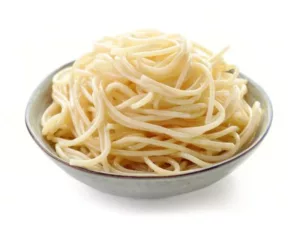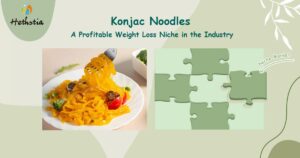Introduction Konjac benefits
Konjac is the general name of the genus Amorphophallus Blume of the family Araceae. Konjac food belongs to the potato taro crop in cultivation and is also known as konjac, grinding taro, tau, konjac, pedicel lotus, and tiger palm.
Konjac is one of the lowest calorie foods in the food category because it contains approximately 97% water, and the remaining 3% is mainly fiber present under the glucomannan complex that cannot be metabolized by the body.
Konjac also contains very small amounts of minerals such as starch, protein, and calcium. So what are the benefits of eating konjac food regularly?

10 Benefits of Konjac
Lose weight
konjac food is not only delicious and pleasant in taste but also has the functions of weight loss, fitness, treatment, and anti-cancer. Konjac contains a soluble fiber called glucomannan, which has a high water-absorbing capacity. This fiber can help promote feelings of fullness and reduce appetite, potentially aiding in weight loss. Therefore, it has been popular all over the world in recent years and is known as “magic food”, “magic food”, “health food” and so on.
Prevent arteriosclerosis
Konjac is pungent and warm in nature and has the effect of promoting blood circulation and preventing bruising. The mucin contained in konjac food can reduce the accumulation of cholesterol in the body, prevent arteriosclerosis, and prevent cardiovascular and cerebrovascular diseases. Therefore, konjac is called a “gastrointestinal scavenger” and “blood purifier”.
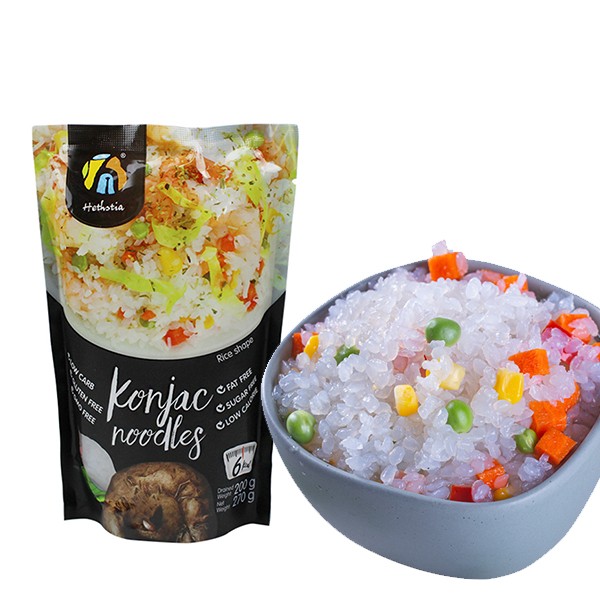
Lowers Cholesterol
Glucomannan can help reduce LDL cholesterol (the “bad” cholesterol) and increase HDL cholesterol (the “good” cholesterol), which can contribute to better heart health. Konjac glucomannan can effectively inhibit the absorption of lipolytic substances such as cholesterol and bile acid in the small intestine, promote the excretion of fat from the body, and reduce the total amount of triglycerides and cholesterol in serum.
Improve immunity, prevent tumor and cancer
Konjac can improve the body’s immunity, and the mannose anhydride it contains can interfere with the metabolism of cancer cells. The fine dietary fiber it contains can stimulate the body to produce a substance that kills cancer cells.
The drug susceptibility test is sensitive to cardia cancer and colon cancer cells. It can dissolve phlegm and soften firmness, disperse swelling and detoxify, treat lumps, phlegm nucleus, scrofula, and other diseases, and can prevent and treat cancer.
Reduce the burden on the pancreas and benefit diabetic patients
Konjac also contains soluble dietary fiber, which is very effective in inhibiting postprandial blood sugar rise. Therefore, konjac flour and its products are ideal hypoglycemic foods for diabetic patients, which can reduce the burden on islets after eating.
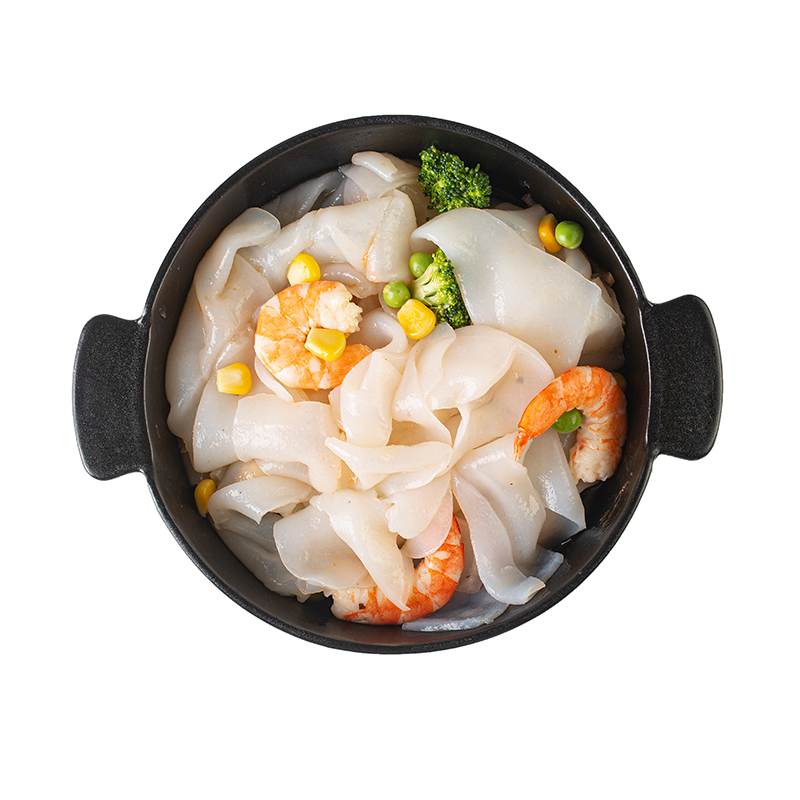
Relief the pain
Konjac has the function of keeping warm. In ancient folk remedies, konjac was used as a material to treat stomach pain and shoulder pain. Wrap the steamed konjac in a towel, etc., and place it on the affected area to relieve pain.
Clean the stomach
There are a lot of soluble plant fibers in konjac to promote gastrointestinal motility, which can reduce the residence time of harmful substances in the stomach and gallbladder, effectively protect the gastric mucosa, and clean the stomach wall.
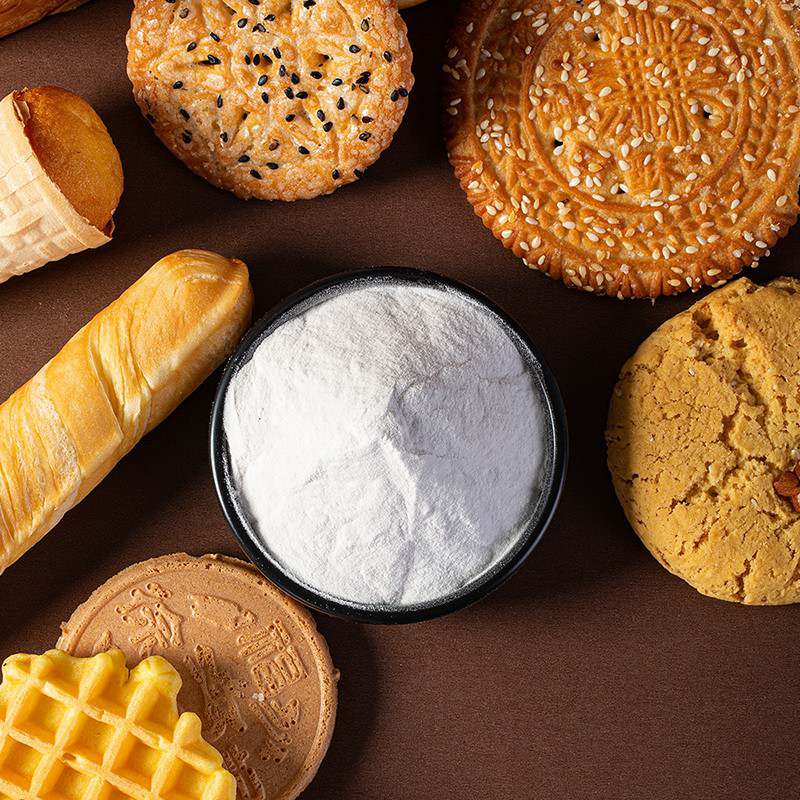
Calcium supplement
100 grams of konjac natural food contains about 43 mg of calcium. More importantly, the calcium contained in it is easily dissolved and absorbed by the human body. This calcium-rich product is also the first choice for calcium supplementation.
Gluten-free alternative
Konjac is naturally gluten-free, making it a suitable option for individuals with gluten sensitivity or celiac disease. It can be used as a substitute for wheat-based products in various recipes.
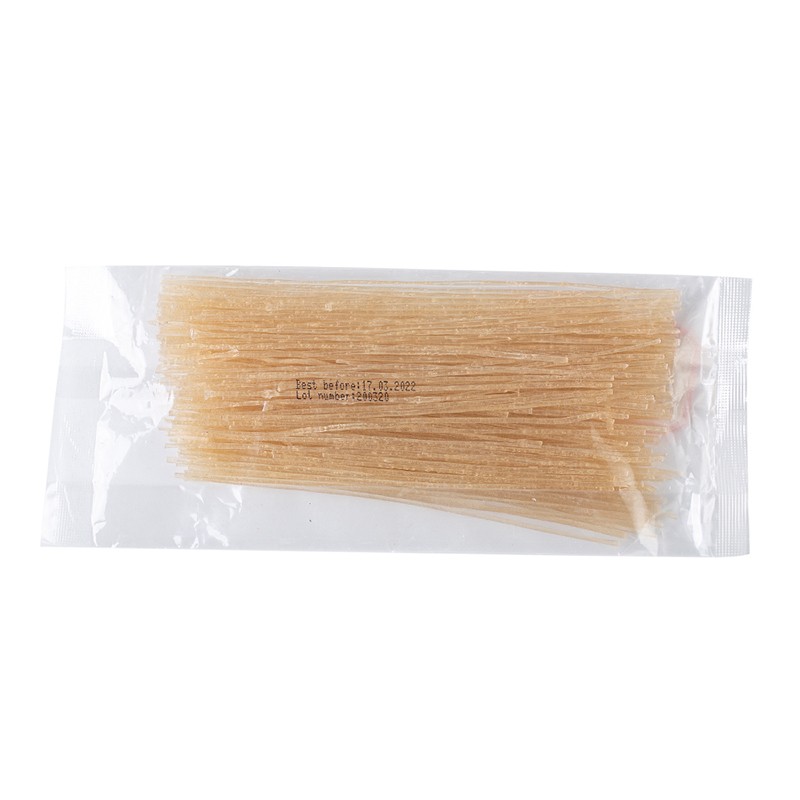
Supports digestive health
The high fiber content of konjac can also promote healthy digestion. It can help regulate bowel movements, alleviate constipation, and support a healthy gut microbiota.



